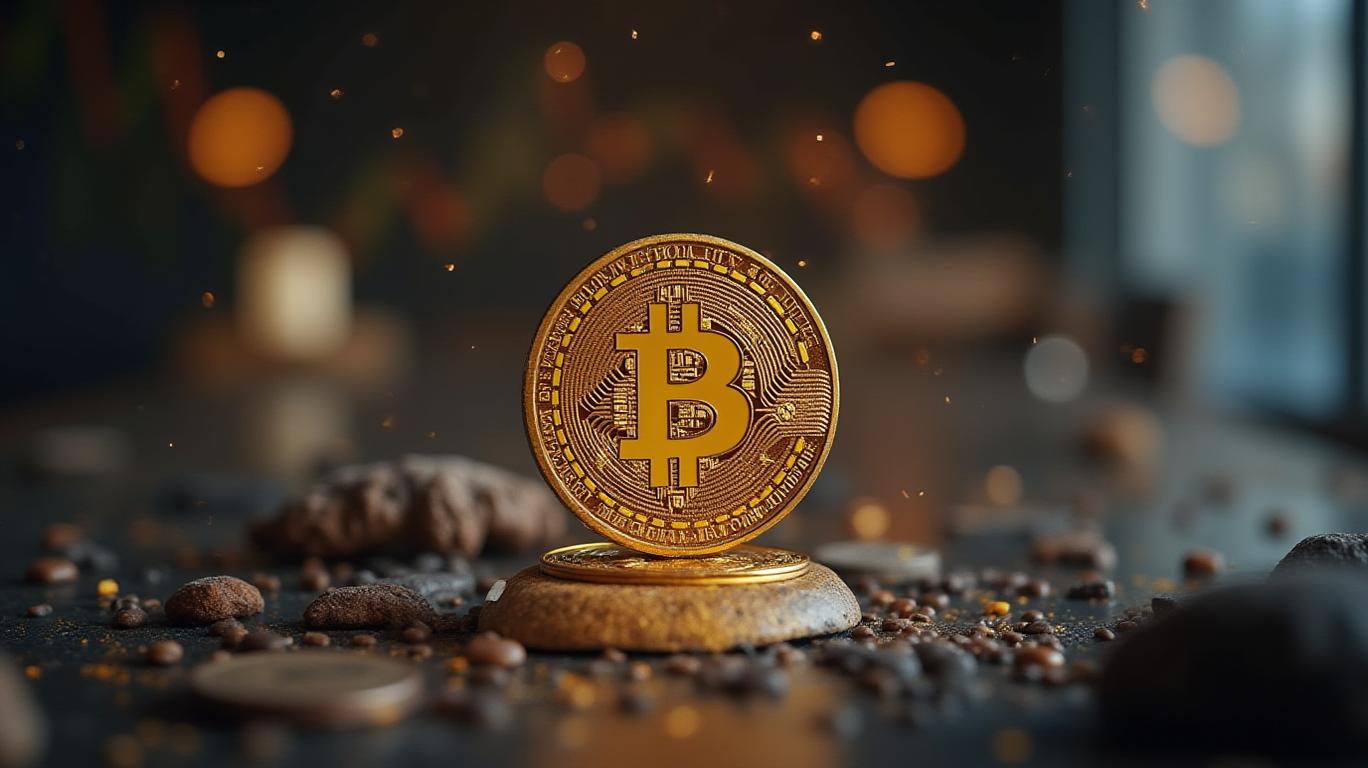BNB Chain Enhances $100M Program, BNB Price Rises 0.286%
BNB's latest price was $591.76, up 0.286% in the last 24 hours. BNB Chain has recently upgraded its $100 million program to enhance its metrics and support project growth. The program, which initially showed limited improvement during its three-week pilot phase, has been revised to include a new token acquisition strategy. This strategy aims to increase platform usage and achieve the intended goals of the program. The new program focuses on two primary classes of assets: trading-based assets and TVL-based assets. Trading-based assets must have a market cap of at least $1 million, 300 or more daily active traders, and more than $200,000 in daily volume. TVL-based assets must have a total value locked (TVL) exceeding $20 million. Additionally, the program requires that the Top 10 external addresses (EOAs) hold no more than 10% of the total token supply, with tokens locked or released progressively over the specified period. Projects must also undergo a security audit and be reviewed for potential financial and smart contract risks. The BNB Chain Foundation will invest a minimum of $100,000 in each selected project, ensuring transparency and fairness in the selection process. The program will primarily focus on BNB Chain’s native tokens, including new or existing assets, as well as those migrated from other blockchains. The foundation will evaluate assets based on capitalization, traders, and trading volume, and will disqualify any project associated with fraud or market manipulation. The terms of the program are subject to change, and participants should be aware that modifications may occur without prior notice.
Changpeng Zhao, the CEO of Binance, has proposed a transformative plan to unify BNB staking tokens, aiming to simplify user experience and enhance DeFi participation. This consolidation is expected to address the operational hurdles created by various derivatives, such as asBNB and slisBNB, facilitating a more coherentCOHR-- ecosystem. Zhao’s comments highlight the need for reform in the fragmented BNB staking landscape, which has become increasingly complex due to the variety of staking options and their differing reward structures, lock-up conditions, and platform-specific limitations. The push for unification aligns with recent movements in the BNB DeFi landscape, as seen with Aster DEX, which recently announced “back-to-back rewards” aimed at asBNB holders. Zhao’s follow-up post encouraged users to support projects in the ecosystem, reaffirming his dedication to fostering BNB’s DeFi evolution via a clearer and more unified staking strategy. A standardized approach to BNB staking could lower barriers to participation, increase liquidity, and encourage deeper integration of BNB within various DeFi projects. Although Binance has yet to unveil a formal roadmap for this potential consolidation, Zhao’s remarks may signal an upcoming strategic initiative to create a unified liquid staking standard. Such advancements could substantially reinforce BNB’s role as a fundamental DeFi asset, simplifying the staking process for everyday users and stimulating broader adoption of Binance’s blockchain ecosystem.
Binance has completed its 31st quarterly token burn, destroying a total of 1,579,207 BNB tokens. This burn is part of Binance’s strategic approach to reducing the total supply of BNB, which aims to make the remaining tokens more valuable. The number of tokens burned each quarter is determined based on a formula that accounts for the price of BNB and the number of blocks produced on the Binance Smart Chain (BSC) during that time period. Binance has committed to burning tokens until a total of approximately 100 million BNB tokens are rendered inoperative. This destruction process for BNB tokens was set in place when they were first introduced and has since become an important part of the value proposition for BNB. The ongoing commitment to deflationary supply is a key aspect of Binance’s strategy to increase the value of BNB and maintain its deflationary nature.

Daily hot coin scoop, fast and explosive!
Latest Articles
Stay ahead of the market.
Get curated U.S. market news, insights and key dates delivered to your inbox.



Comments
No comments yet